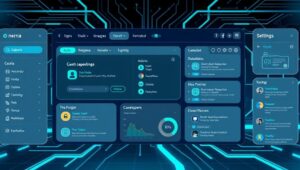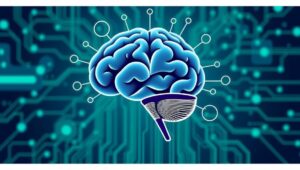May 29, 2025
Measuring and Improving Developer Experience (DX Metrics – 2025)
Measuring and Improving Developer Experience (DX Metrics – 2025) Developer Experience (DX) has emerged as a critical factor in software development success. A positive DX leads to increased productivity, higher quality code, and improved developer satisfaction. In 2025, measuring and improving DX is no longer a ‘nice-to-have’ but a necessity. Why Measure DX? Quantify Improvement: Measuring DX provides a baseline to track progress and identify areas needing attention. Data-Driven Decisions: Instead of relying on hunches, use data to make informed decisions about tooling, processes, and training. Attract and Retain Talent: A good DX is a significant draw for developers. Metrics







